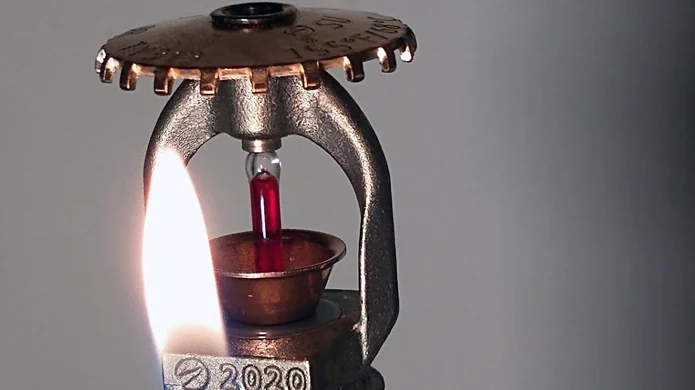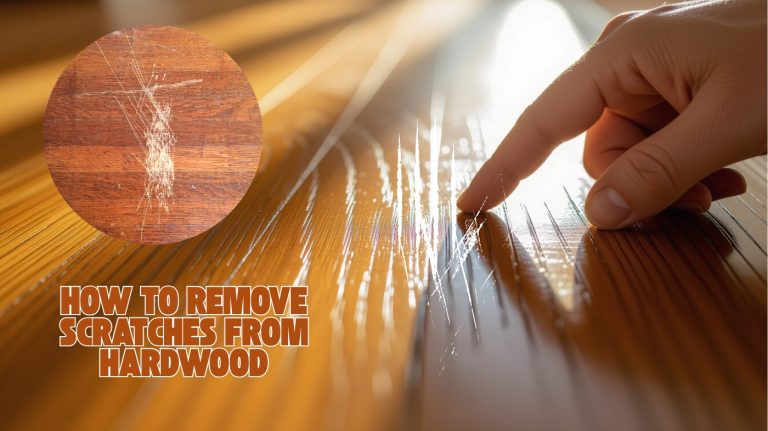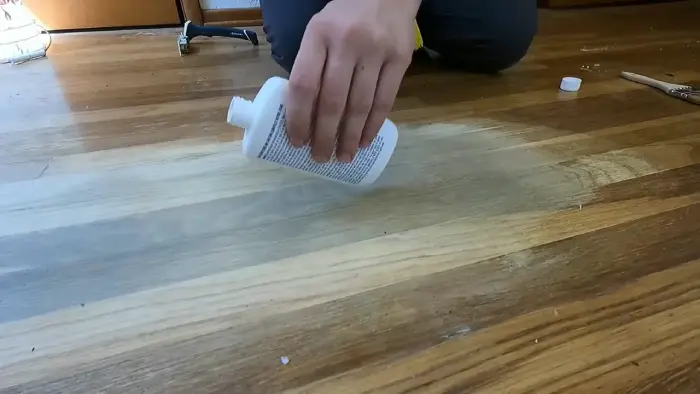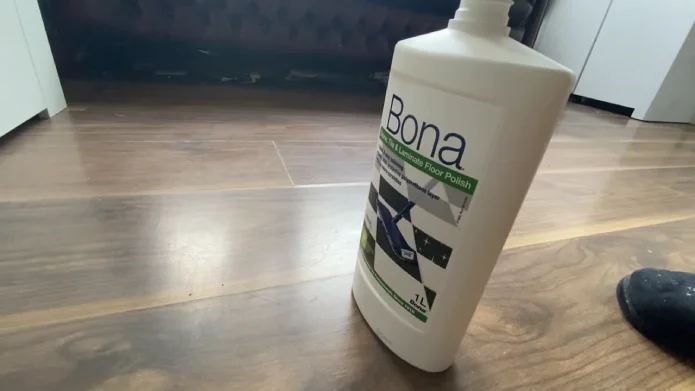What Causes a Fire Sprinkler to Activate: 10 Reasons [Learn]
Fire sprinkler systems consist of pipes connected to a water supply and equipped with sprinklers that open automatically during a fire. The sprinklers are activated by heat.
When a fire starts, the flame’s heat activates a sensor on the sprinkler head. This sends a signal to the water valve, which opens and allows water to flow through the fire sprinkler head and onto the flames. It extinguishes the flames by knocking them down.
There are also other reasons a fire sprinkler may activate. If you continue reading, you will discover the reasons behind other actions.
What Causes A Fire Sprinkler To Activate: An Explanation
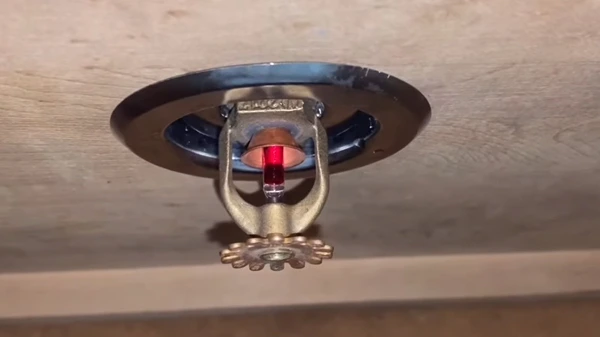
Most people know that when there is a fire, the fire sprinklers will activate and put out the fire. But few people know what causes the fire sprinkler to go off in the first place.
As soon as a fire starts, the first thing that happens is that heat and smoke begin to rise. Fire sprinklers are attached to a water supply, and when they sense heat, they automatically turn on and release water.
Sprinklers are designed to activate when the temperature reaches a certain level. It is usually around 155 degrees Fahrenheit (68 degrees Celsius). The system is typically installed in commercial and industrial buildings, as well as in some residences.
It would help if you were careful with candles, cigarettes, and other fire hazards. Ensure that your electrical system is up to code and that your outlets are not overloaded.
What Causes a Wet Pipe Fire Sprinkler to Activate?
A wet pipe system is the most common type of fire suppression system. It is reliable as long as properly designed, installed, and maintained.
This system always has water in the pipes, and the sprinklers are directly connected to the water supply. When the system is triggered, the water immediately flows out of the sprinklers. During freezing temperatures, the pipes may freeze and get damaged, which is a disadvantage.
What Activates a Dry Fire Sprinkler System?
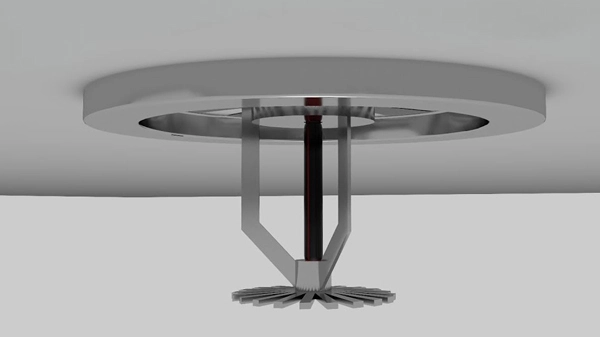
A dry sprinkler system is one in which the piping is filled with compressed air instead of water. It is used in buildings where the temperature could drop below freezing. In the event of a fire, the fire’s heat activates the sprinklers in the area. The typical dry pipe system valve holds back 6 psi of water with 1 psi of air.
A glass bulb or fusible link attached to the sprinkler head will break between 135 and 165 degrees Fahrenheit and allow water to flow into the piping. The water then discharges from the sprinkler head, spraying onto the fire and helping to extinguish it.
It tends to be less expensive than wet pipe systems since they require less maintenance and fewer repairs. They are less effective at extinguishing fires since it takes longer for the water to reach the fire. So, dry pipe systems are typically only used in areas with low fire risk.
Are Fire Sprinklers Activated by Smoke?
No, sprinklers are not activated by smoke. It’s a question that many homeowners have, especially those who live in areas at risk for wildfires. Smoke detectors are activated by smoke, but sprinklers are designed to be activated by heat. They are essential because they warn you of a fire before it gets too big.
But sprinklers are actually designed to put out the fire. During a fire, the smoke alarm will go off first; then, the sprinkler will activate.
Can a Candle Set Off a Fire Sprinkler?

Most candles cannot reach the high temperatures needed to set off a sprinkler on their own. A candle can produce enough heat to trigger a sprinkler, especially if it’s close to the sensor. Further, it must be a very large candle and long burning.
Can Dust Set Off Fire Sprinklers?
It’s a common misconception that dust can set off sprinklers. Sprinklers contain sensors that are sensitive to heat, not dust. When dust accumulates on the sensing element, it can block heat-sensing infrared rays.
It can cause the sprinkler to think there’s a fire and activate. During construction or using a power sander, you may need to turn off your sprinklers if there is dust in the air.
Do Fire Alarms Trigger Fire Sprinklers?
People often assume a fire alarm monitoring system will trigger the building’s sprinklers, but this is only sometimes true. Normally, sprinklers activate when they detect an increase in temperature, not when they hear a loud noise.
In most systems, the alarm and sprinkler are two separate components that are not connected. Some newer sprinkler systems can be linked to fire alarms so that they are automatically triggered when the alarm goes off.
It is often done in large buildings where it would be difficult to evacuate everyone during a fire. Linking fire alarm systems and sprinklers can provide an extra level of protection.
Do Fire Sprinklers Go Off Accidentally?
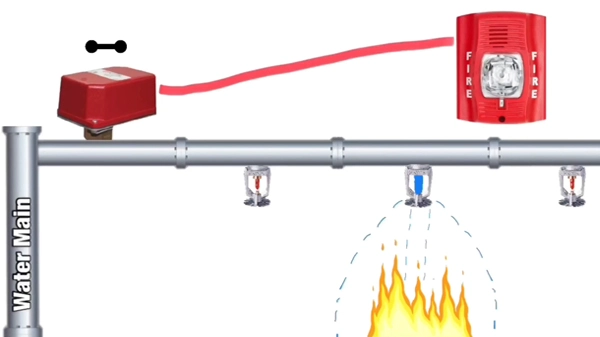
Many homeowners have had the experience of getting up in the middle of the night to the sound of their sprinklers going off. While it may seem like the sprinklers have gone off by accident, there are several reasons why this may happen.
1. Corrosion:
A common reason for a fire sprinkler to go off is corrosion. Over time, the sprinkler heads can become corroded and fail. This is usually due to a build-up of minerals in the water supply. Hard water can cause corrosion, as well as acidic water.
2. Obstruction:
Dirt or debris could block the sprinkler head. It could also be a more serious obstruction, such as a wall or ceiling.
3. Resistance to Flow:
Sprinklers can activate if there is too much resistance in deluge systems. An accumulation of sediment in the pipes or a closed valve can cause this.
4. Improper Installation:
If the fire sprinkler system is not installed properly, it can cause the sprinklers to go off. It is also possible for leaks to occur due to improper installation.
5. Manufacturing Defect:
Very rarely, fire sprinklers can go off due to manufacturing defects. Sprinkler heads or piping could be the problem. If your system needs to be fixed, it should be checked by a professional.
6. Intentional Tampering:
Intentional or accidental tampering with the system can cause it to go off. This includes things like removing the sprinkler head or trying to repair the system without training.
7. Power Outage:
A power outage can turn on fire sprinklers in two ways. The lack of power can cause the system to fail. A power surge can damage the system when the power comes back on.
8. Earthquake:
Fire sprinklers can also go off during an earthquake. It happens because the shaking dislodges dirt and debris, which then blocks the sprinkler heads. Also, it can break or disconnect pipes.
9. Extreme Cold Temperatures:
Extreme cold temperatures can also cause the sprinkler to activate. Due to its lower freezing temperature, water freezes faster than metal pipes that comprise the system.
10. Impact:
If the system is hit by something like a ball or a fist, it may go off. It is usually not a problem in commercial or industrial buildings, but it can be a problem in some residences. Gunfire can also damage sprinklers.
How Often Do Fire Sprinklers Malfunction?
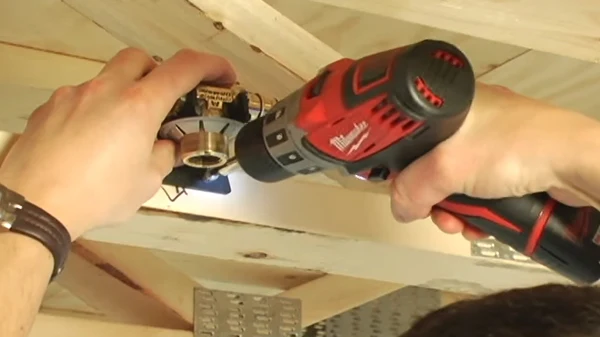
Sprinklers can sometimes malfunction, failing to activate when they should or spraying water when there is no fire. It is estimated that 91% of sprinklers are effective during a fire, while only 9% fail to function properly.
According to the NFPA (national fire protection association), fire sprinklers are effective in 88% of US fires where they are activated. In 8% of fires, the sprinklers fail to work, and in 4% of fires, the sprinklers are ineffective.
How Do You Remove Air From Fire Sprinklers?
The sprinkler system is a pressurized system, with the sprinkler heads kept under pressure so that they can open and release water when needed. Over time, air can enter the system, reducing its effectiveness.
To remove air from fire sprinklers, you must install an air vent at the highest point in the system. This will allow the air to escape and the water to flow freely through the sprinkler heads. You should check the sprinkler system regularly to ensure that it is working correctly and that there are no signs of air leakage.
Can You Turn Off a Fire Sprinkler Once It Starts Spraying?
You can turn off a fire sprinkler once it has started spraying. But you should only do this if the fire has been extinguished and you are sure it will not reignite.
To turn off the sprinkler, locate the control valve for the system and turn it to the “off” position. Once the valve is turned off, the water flow will stop, and the sprinkler heads will close.
You should never try to turn off a sprinkler head with your hand or any other object. This can damage the sprinkler and prevent it from working properly in the future.
How Long Does It Take for a Fire Sprinkler to Activate?
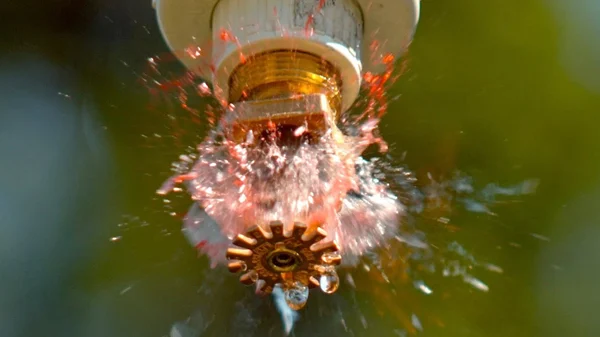
In most cases, a fire sprinkler will activate within 30 seconds to 2 minutes of the fire being detected. But, individual sprinklers will spray water as soon as they sense heat. Some factors, such as wind speed, ceiling height, and water pressure, can affect the activation time.
Remember, only some sprinklers go off at once. So, if the fire is small, only one or two sprinklers may activate. If the fire is large, more sprinklers will be activated.
How Long Do Fire Sprinklers Stay on?
Some systems are designed to turn off as soon as the fire is extinguished, while others will continue to cycle until the water pressure is exhausted. Sprinkler heads are designed to remain open for as long as it takes to extinguish the fire, typically between 10 and 60 minutes.
In most cases, the sprinklers will stay on for at least 10 minutes. This is enough time to ensure the fire is completely extinguished and has no chance to reignite. It also gives the occupants of the building time to evacuate.
Now you know what causes a fire sprinkler to activate and other essential information. From now on, you can keep yourself and your family safer in fire incidents.

